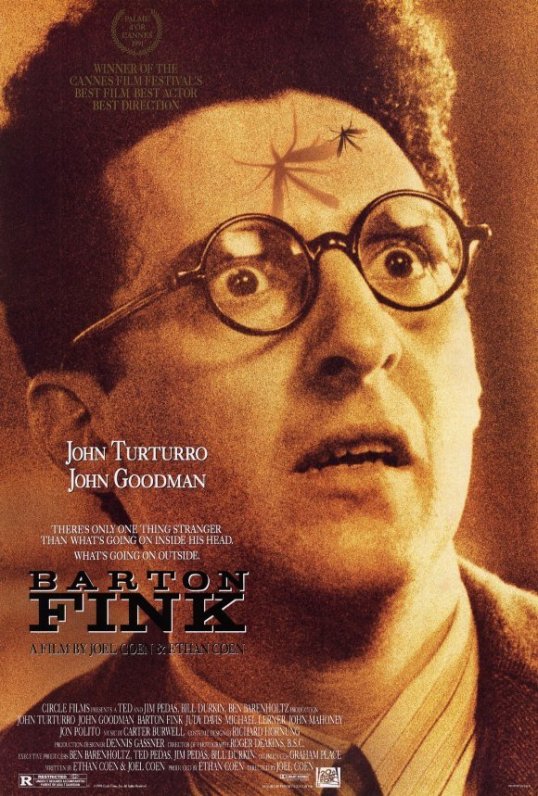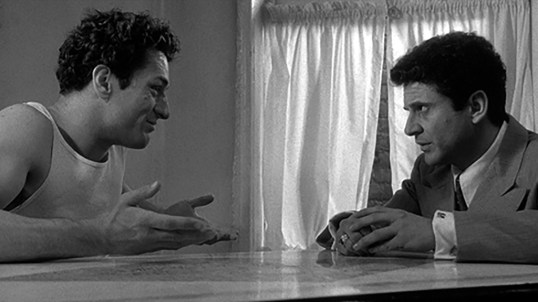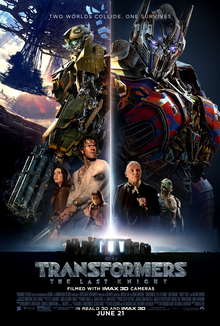Welcome to Retro Television Reviews, a feature where we review some of our favorite and least favorite shows of the past! On Mondays, I will be reviewing Miami Vice, which ran on NBC from 1984 to 1989. The entire show is currently streaming on Tubi!
This week, Pam Grier and John Turturro show up in Miami!
Episode 1.16 “Rites of Passage”
(Dir by David Anspaugh, originally aired on February 8th, 1985)
This week’s episode of Miami Vice opens with a 5-minute mini-movie. Before we even get to the opening credits, we have watched as young and innocent Diane Gordon (Terry Ferman) arrives in Miami from New York, takes her first walk on a Florida beach, has a “chance” meeting with a smooth-talking guy named Lile (David Thornton), and ends up at a party being held at a mansion belonging to David Traynor (a young John Turturro). Traynor tells Diane that he runs a modeling agency and that he would love to put her under contract.
It’s a stylish and rather brave opening. For five minutes, we don’t see or even hear about any of the regular characters. Instead, we’re introduced to world where image is everything, from the bodies on the beach to Traynor’s art deco mansion to the beautiful women who have been paid for by considerably less attractive men. In those five minutes, Diane wins our sympathy and we also see how she (and so many others) have fallen into the trap set by the David Traynors of the world. For those five minutes, we are reminded that this is a show about more than Sonny Crockett and Ricardo Tubbs. It’s about more than even Miami. This is a show about America.
After the opening credits, we watch as the police retrieve the body of one of Traynor’s girls from a lagoon. She committed suicide. In the crowd watching is Diane’s sister, Valerie (played by the legendary Pam Grier). Valerie is a New York cop. When she goes to the Vice Squad to ask for Castillio’s help in searching for her sister, we learn that she is also Tubbs’s former (and soon current) lover.
In many ways, the rest of this episode is traditional Miami Vice. Zito and Switek provide some comic relief when they disguise themselves as exterminators and invade one of Traynor’s parties. Crockett and Tubbs once again go undercover as Burnett and Cooper, infiltrating Traynor’s mansion so that they can rescue Diane. Diane has been so brainwashed by Traynor and Lile that, even after she’s been reunited with her sister, she still can’t bring herself to admit that Traynor was using her. She calls Traynor and tells him that she’s decided to go back to New York City. In a montage that is rather creepily scored to Foreigner’s I Want To Know What Love Is, scenes of Valerie and Tubbs making love are mixed with scenes of Lile giving Diane an intentional drug overdose.
Technically, this is a Tubbs episode. For once, of the two main detectives, Tubbs is the one who has a personal reason for wanting to take Traynor down while it falls to Crockett to deal with Castillo’s withering stare of concern. That said, Rites of Passage is Pam Grier’s show all the way. From the minute that Grier shows up, she controls every scene in which she appears. Just as in Coffy, Grier plays an avenging angel. This episode ends, as Miami Vice often did, with a shoot out but this time, it’s Grier who guns down Lile and Traynor. “Read me my rights,” Valerie says to Crockett as the episode ends.
Again, the storyline may have been typical Vice but the performance of Pam Grier and the stylish direction of David Anspaugh elevated the episode. This episode presents Miami as being beautiful but heartless, a place where innocents come to pursue the American dream but instead find themselves being used and abused by sleazy but wealthy men. (At one point, it is mentioned that Traynor specializes in finding women for diplomats, meaning that most of his clients have diplomatic immunity.) Traynor’s mansion is a brilliant combination of the sleek and the tacky and Turturro plays Traynor as being a not particularly clever man who has gotten rich because he understands that everyone ultimately driven by the same desire for power and pleasure without consequences.
Next week …. it’s another Tubbs episode! Can Tubbs defuse a hostage situation, despite not having an ex-lover around to help him? We’ll find out!







